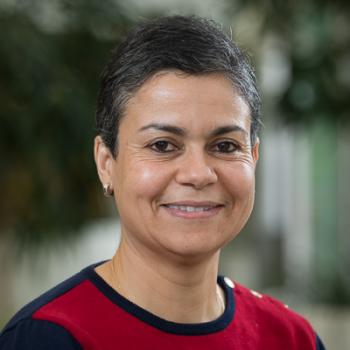
Argonne National Laboratory
About Autonomous Discovery
Autonomous Discovery Begins with Mission-Focused Research.
Argonne’s exploration of Autonomous Discovery focuses on automating the laboratory and the scientist. To do this, we’re building on our successes:
- Automating hypotheses generation to select experimental targets
- Automating experimental protocols to allow for robotic execution of steps
- Using machine learning and simulation to predict experimental properties and outcomes
- Incorporating AI approaches to planning and data integration across multiple experiments
- Integrating experimental results, causality, etc.
Fostering Collaboration. Meeting Shared Goals.
Our group of nearly 100 scientists works together to understand the challenges and opportunities of self-driving labs (SDLs). This group coordinates activities and represents the following areas:
- Biology (synthetic biology constructs, liquid-liquid phase separation, antimicrobial peptide synthesis, drug screening in cancer and bacterial infectious disease)
- Materials and Chemistry (thin films for electronics, battery materials, polymer recycling, genetically programmed materials)
- Advanced Manufacturing (roll-based thin films, flame-based synthesis, continuous flow chemistry)
- Imaging and APS (in-situ experimental synthesis, protein phase separation, automated steering);
- SDL Prototyping Lab (liquid handling desktop robotics, robotic cell prototyping, mobile robotics, software frameworks, AI planning, data handling, 3D printing of ancillary interfaces, etc.)
Partnering for the Future.
We work with the University of Chicago to share ideas and educate the next generation of experts.
- Planning activities in Polymers Miscibility
- Teaching computer science courses on Autonomous Laboratories



